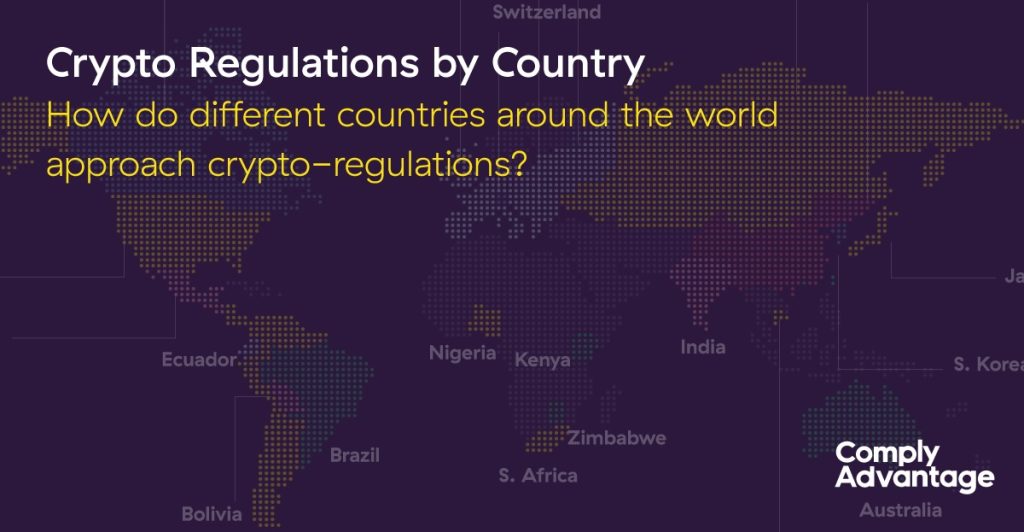Cryptocurrencies are already a phenomenon. Cryptocurrencies alone have been able to attract so much attention that regulators of the world’s strongest economies are forced to impose so strong and comprehensive controls on them. As a result, the possession of cryptocurrencies every day becomes less rosy and less promising for money laundering. This is bad or good for you to decide, but it is an inevitable fact that the cryptocurrency business will remain profitable in the future decades.
The main features of crypto exchange license
Virtual assets are defined by this law as a digital representation of value, which is not necessarily tied to a legally established currency and has no legal status of fiat currency, but accepted by natural or legal persons as a means of exchange or investment, can be transferred, stored in electronic form. First, the concept of a license is conditional, as transactions with cryptocurrencies are regulated by a special permit. Second, while it is easy to obtain permits for cryptocurrency transactions, this market does not operate on the principles of the mafia, but is controlled by the Financial Crimes Investigation Service, which gives confidence in the security of transactions for all participants. Third, the Central Bank clearly shares the notion of traditional financial and cryptocurrency activities, and traditional market players can take virtual currency into circulation.

173
License
8
Years
40
Clients
54
Employees

Directions of development crypto business
Opening a crypto exchange license in EU is a much simpler way than registering a company in the UK. The favorable background for crypto-activity supports the fact that the world’s largest cryptocurrency exchange Binance operates. So, the cryptocurrency license allows the following two types of activities to carry out activities with convertions of virtual currencies and provide cryptocurrency storage services on special wallets. To get this permission in the shortest possible time, the most rational would be to use the services of a professional law firm, which will help to collect a package of documents, quickly process and send an application, get a legal address, Certify all documents at the notary and perform all other manipulations. The only deterrent may be the high cost of a crypto license, but it is inferior to the price of a license for traditional financial transactions and more compensated for by the success of the activity.

Principles of cryptocurrency regulation
As a priority, the state AML-regulation is focused on intermediaries. The purpose of such regulation is to monitor, detect and notify supervisory authorities of suspicious activities in the financial system. This approach remains unchanged for crypto companies in the EU. The law defines the range of entities – legal entities whose activities in the cryptocurrency sphere are subject to the appropriate state. regulating. The duty bearers are mainly service providers through which the access to and exit from the crypto-asset ecosystem is carried out. Users and miners of crypto-assets are currently excluded from AML compliance mechanisms. Legal entities providing the following types of services (one or more services) are considered to be obligated entities services of exchange of virtual assets on fiat currencies and vice versa, exchange services of one cryptocurrency to another and virtual asset transfer services from one address or wallet to another. Services for the storage and administration of virtual assets, or tools that control, hold, store or transfer such assets, including private encrypted keys.


